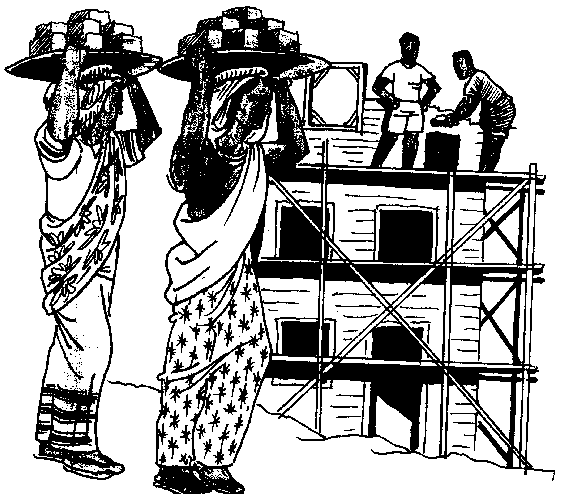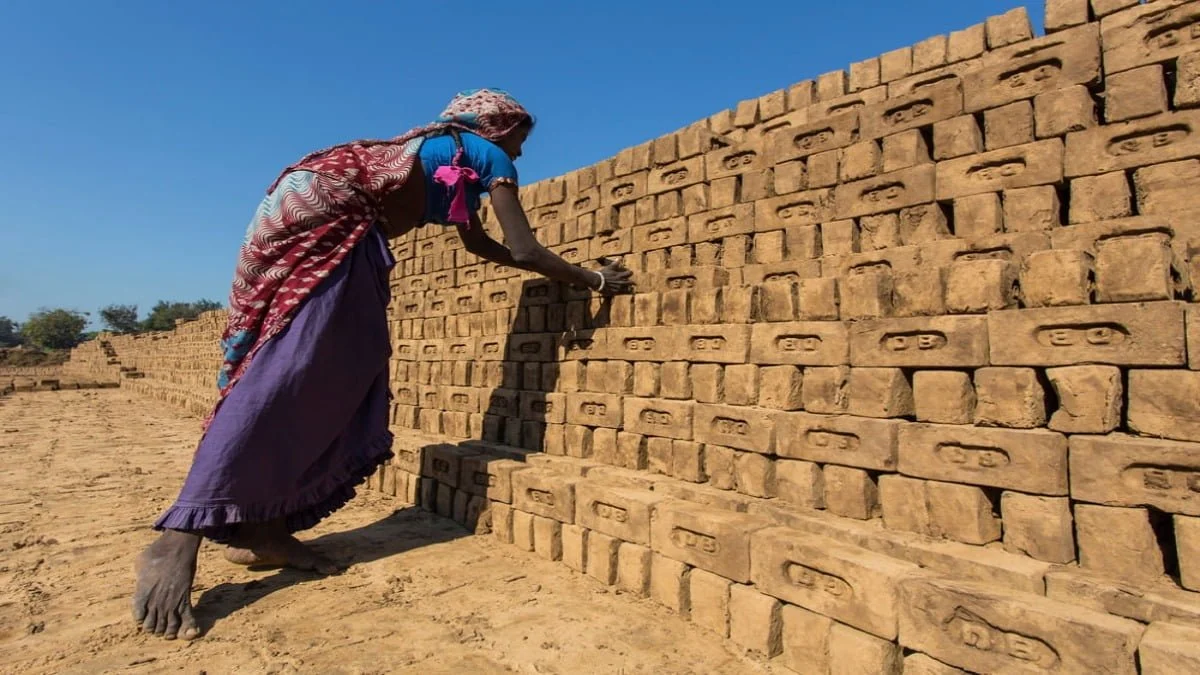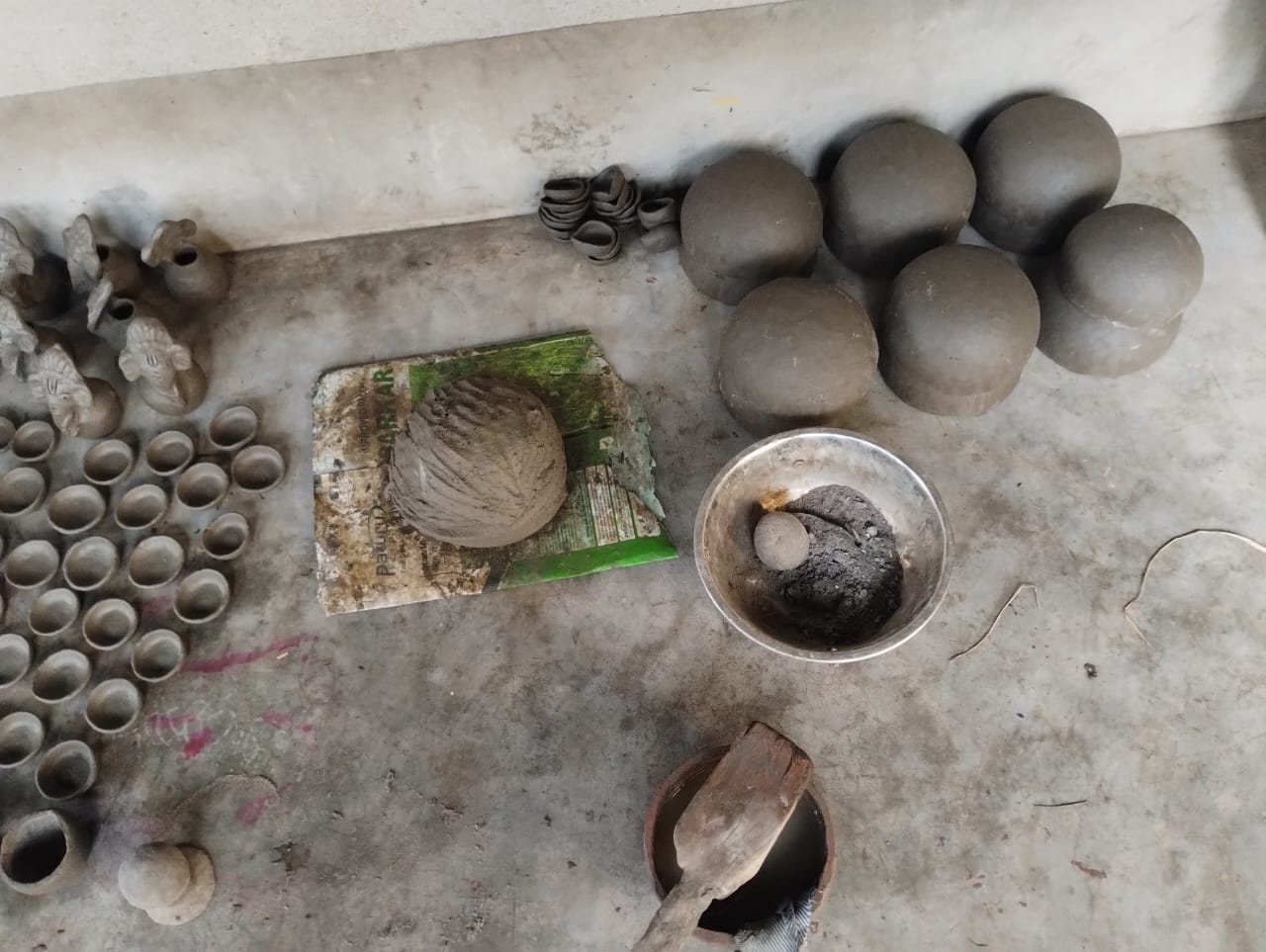Posted by Clare Murphy-McGreevey, Aajeevika Bureau
This International Day for the Elimination of Violence Against Women and South Asian Women’s Day, we face a starker situation than ever before. One in three women face violence – equivalent to a public health crisis.
This crisis is not limited to so-called ‘developing’ countries. Across Western nations, powerful men, working in industries as wide-ranging as politics to entertainment to academia, have been outed as sexual predators. The depth and breadth of the #MeToo Campaign has revealed just how many abusers are lurking in our homes and workplaces. If this doesn’t make the case for ‘universal’ development, where aims like the total elimination of violence against women apply to all countries, then I don’t know what does.
The sprawling informal sector
In India, over 90% of the labour force works in the informal sector. Unregistered, unregulated, unorganised labour exists right under our noses, but the lived experience of informal women workers remains invisible. Harassment in these workplaces happens under the radar. Informal, migrant women workers are unable to raise their voices or receive media attention.
These women are from the Scheduled Tribes and Scheduled Castes groups and are extremely vulnerable in the social hierarchy. These women are worlds apart from women who are in a position to immediately call out harassment and violence. Such as Hollywood celebrities outing Harvey Weinstein, or the contestants of the Miss Peru pageant, highlighting the endemic nature of harassment and violence.
Violent spaces
Abuse in the rural sector
In the rural construction sector, the hiring process itself is a form of sexual harassment, while the naka or labour point is a site of abuse. Our ongoing research in the Salumbar block (Udaipur district) indicates that adolescent girls of 14 to 17 years of age have become the dominant workforce in the rural construction sector.
Girls are recruited as day labourers because of their vulnerability. Labour contractors and supervisors know they will be powerless against any abuse or ill-treatment.
Girls report being recruited on the basis of their appearance, while observation of nakas reveals that girls have to slather on makeup and show off their youthful looks to attract prospective employers. Once hired, they must play by men’s rules, entertaining male advances to keep their jobs and gain future work.
Also Read: The Ugly Truth Of Bride Trafficking And Agrarian Labour In Haryana
Girls and women report that verbal abuse is constant and that they are regularly addressed with gaalis, not their own names. This sort of behaviour is heavily normalized, so it is near-impossible for girls to challenge it, especially because there is no guarantee that other sites would be better.
Given this treatment, it is little wonder that girls of 14-17 living in rural areas are fleeing the workplace. The greatest decline in female labour participation is happening here.
Abuse against women in the urban sector
Urban construction sites are also spaces of insecurity and violence. Of all the spaces in the city, women report they feel most unsafe at the construction site where they work.
Even women who sleep on the street every night say they feel less safe at the construction site because they face the hourly prospect of harassment from their supervisor. Male family members may know that abuse is happening, but they dare not take action and risk their jobs.
| Vana, a construction worker in Ahmedabad | The contractor sometimes abuses or complains if I frequently go to the washroom. Because of this, I go to the washroom only 3 times a day. Sometimes we don’t even get a break for having tea. We have to have it as quickly as possible while the work goes on. |
Public spaces should be safe places
Worksite harassment in the informal sector will take a long time to correct: it will involve a structural change to patriarchy engrained in the informal sector. But right now, the government can ensure that its public service delivery spaces are safe spaces.
The abuse and name calling which regularly happens at the ration shop and the MNREGA worksite must end. Pet schemes like Swacch Bharat, most recently used to publicly shame those who defecate in the open, must return to its original aims and stop humiliating citizens if they cannot afford to build a toilet.
Also Read: Unpaid Domestic Labour And The Invisibilisation Of Women’s Work
About the author(s)
Guest Writers are writers who occasionally write on FII.




